Nissan – Renault – Chrysler Merger?
We’ve been largely ignoring this possibility because, well, the GM – Chrysler merger thing is a much more appealing possibility, in that “how nuts do you have to be to be a top executive for a domestic car company” kinda way. But now that it’s OK to write news reports based entirely on anonymous sources, well, why not Chrysler – Nissan? I mean, Chrysler – Nissan – Renault? I mean, Carlos “The Jackal” Ghosn? And The Detroit News is there! “The Renault-Nissan alliance is proposing to acquire around 20 percent of Chrysler LLC and bring the Auburn Hills automaker into the French-Japanese automotive partnership, according to sources familiar with the situation… Sources familiar with the discussions said Carlos Ghosn, CEO of both Renault SA and Nissan Motor Co., sent a proposal in recent days that included revisions to a draft agreement prepared by Cerberus… The sources said Tokyo-based Nissan would acquire the stake because it has cash on hand, whereas Renault now has debts of more than $5 billion.” So, which company does Cerberus favor to gut Chrysler like a fish? Go ahead and jump.
“But another source close to the talks has told The Detroit News that Cerberus founder and CEO Stephen Feinberg favors a deal with GM, viewing it as the best solution for the embattled U.S. auto industry.” Huh? Feinbger is worried about the U.S. auto industry? Sure, and I’m concerned about an asteroid strike.
Anyway, the DetN’s source’s speculation raises an important question: would the Renault – Nissan – Chrysler deal be better for the American auto industry? The reporters certainly seem to think so. “By contrast, Detroit’s smallest automaker would remain largely intact as a partner in the Renault-Nissan alliance. It would participate in the joint purchasing, vehicle platform development and other programs, slashing its costs. But it would have its own management and retain its brands. There is little overlap among Renault, Nissan and Chrysler brands in most of the world.” Sure, makes sense to me. Full Chrysler Suicide Watch later today.
More by Robert Farago
Latest Car Reviews
Read moreLatest Product Reviews
Read moreRecent Comments
- Steve Biro There are 24 races on this year’s F1 schedule. And I guarantee you no more than two will be reasonably exciting, Meanwhile, F1’s reception for Andretti reveals the dark underbelly of the sport. I have followed F1 since the 1960s and, frankly, I am running out of interest. I’ll catch a race if it’s convenient but won’t bother DVRing them.
- YellowDuck Been watching since the 80s, seriously since the 90s once we had reliable TV coverage. I'm in Canada though. Hey, and don't forget that the Interlagos race is also in a convenient time zone, as is Mexico. So that's 5 races in the Americas. Absolutely love it, but it takes a bit more interest in the technical / strategic side of things to really appreciate it. It's not just going fast in circles until someone crashes into someone else, while drunk people watch. The US can be proud of what it has contributed - Austin is one of the best tracks on the calendar, Vegas turned out to be much better than anyone could have hoped, and even Miami - a real Indy car-style track - produced a good race this year.
- JMII I watch every F1 race, same with Indycar which is 100X better in terms of actual racing.
- Dale Quelle surprise.
- 3SpeedAutomatic Nice looking, but IIRC, there was an issue with these engines where a knock would develop. That may account for the very low milage. 🚗🚗🚗



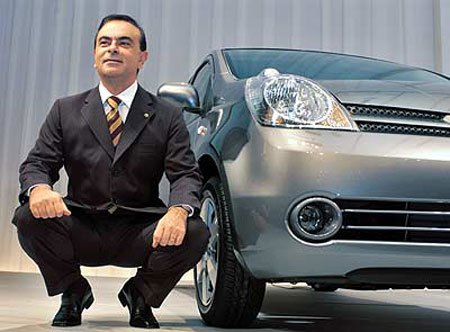















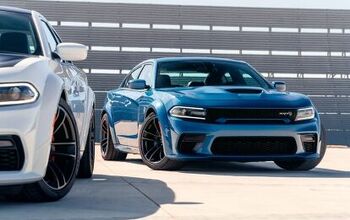
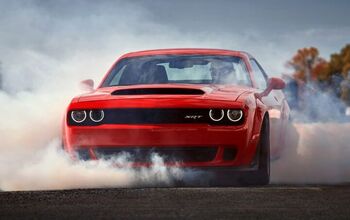
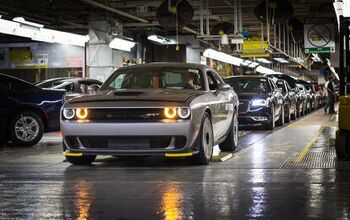

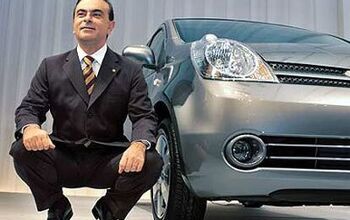







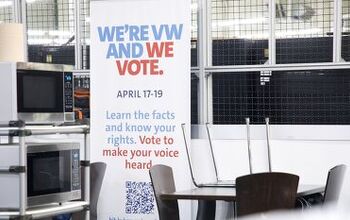
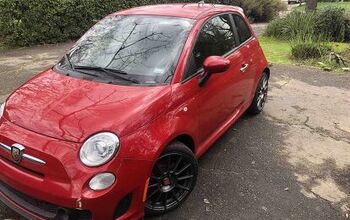

Comments
Join the conversation
Further proof that, "Those who do not learn from history are doomed to repeat it." As with the U.S. federal government bailing out Chrysler before, another French carmaker (Peugeot) bought Chrysler Europe for $1 in the 1980s, resurrected Talbot, was unable to sell the damn thing and then did a, "Let's call the whole thing off." *Sigh*